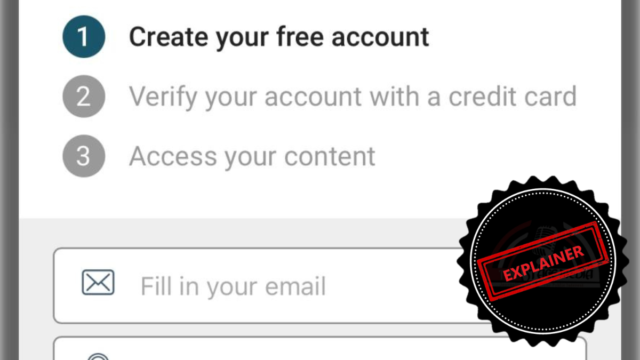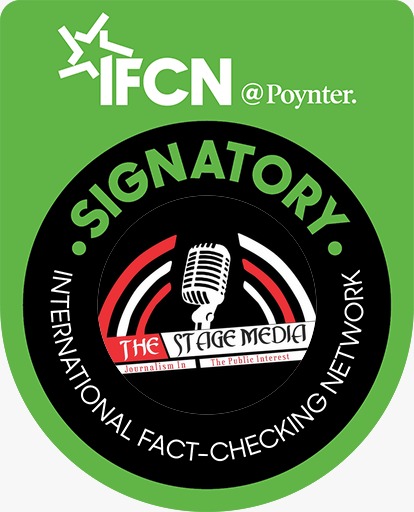
A viral message has been circulating on WhatsApp lately that the United Nations Children Fund (UNICEF) is recruiting for 2023.
The message, as would oftentimes be the case with most fraudulent chain messages that have been reported by TSM, leads users to an application form where they are required to provide personal information like their full name, and city, amongst others.
As often done by many fraudulent websites, users are mandated to share the message with fifteen (15) friends, or five (5) groups on WhatsApp, to be taken to the next level of the application process.
Users are also told that they will receive a congratulatory email upon completion of sharing the message.
But such was not the case, as a completely different site appeared, where applicants are demanded to create a “free account,” which must be verified with a credit card, to access the contents that are on their account.
TSM-Liberia contacted the Communication Office of UNICEF in Liberia, through a hard copy letter, and an email, to verify the viral WhatsApp message.
To date, no official response has been made, following weeks of contact through follow-up calls, and messages by TSM-Liberia.
TSM also checked UNICEF’s official website, and under its Beware of fraudulent job offers section, it states, “Please note that UNICEF does not charge a fee at any stage of the recruitment process (application, interview, meeting, travelling, processing, training or any other fees), and it does not request any banking information,” which was the case with the viral message.
It furthered, “Fraudulent correspondence may appear legitimate: they may feature a UNICEF logo, appear to originate from an official-looking email address or website, or they may be sent by individuals purporting to represent UNICEF or an entity which includes the word UNICEF in its name. These fraudulent schemes mislead individuals with the purpose to extract money and/or personal information.”
Adding, “UNICEF only advertises its employment opportunities on its global Careers website and the Vacancies page or on the websites of its National Committees. UNICEF also utilizes bona fide and established media, newspapers, as well as online professional platforms (e.g. LinkedIn) and job boards to disseminate its vacancies. UNICEF human resources personnel make all job offers following a competitive process.”
TSM-Liberia also checked the site of the viral WhatsApp message, but unlike the official website of UNICEF, and all of its sites for the advertisement of employment opportunities which have the “unicef.org” domain, which is the Uniform Resource Locator (URL), that shows the address of a given resource on the world wide web, it does not have same, but rather, “shtnar.com.”
TSM-Liberia discovered that the site has an additional ‘Secure Sockets Layer’ (SSL certificate) which enables it to carry “https” to show users that it is credible. But according to WebTitan, HTTPS or an SSL certificate alone is not a guarantee that the website is secure and can be trusted.
The site was scanned on Scamdoc.com, and it showed a very bad trust index of 2%, with the area being created less than six (6) months ago.
This story was produced with the Center for Journalism Innovation and Development (CJID) support.




